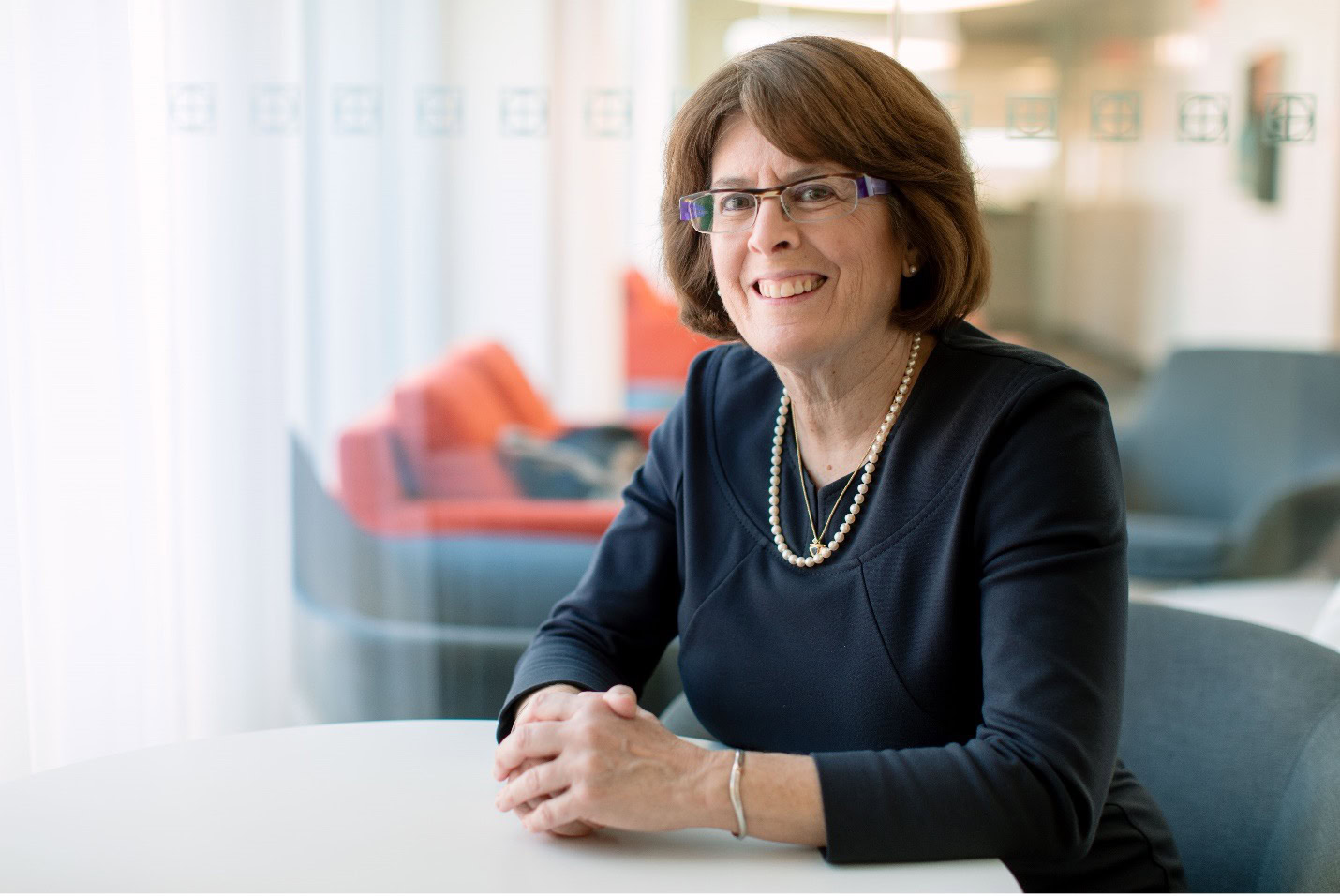Surgeons, radiation oncologists and medical oncologists must be ready to work with data scientists to create new approaches to individualized cancer care, according to Heidi Nelson, MD, professor emeritus at the Mayo Clinic. Dr. Nelson is presenting the SSAT Maja and Frank G. Moody State-of-the-Art Lecture during Digestive Disease Week® (DDW) 2024.

“In the course of one person’s career, the oncologic practice has fundamentally shifted from having very few therapies to having many therapies, and from treating populations to starting to treat individual people, Dr. Nelson said in an interview. “Around the next corner is the promise of delivering the right care to the right patient at the right time.”
DDW News spoke with Dr. Nelson about the future of individualized cancer care:
DDW: Current cancer treatment is personalized to an extent. How do you see cancer care becoming increasingly individualized?
Nelson: We have a narrow form of individualization. But current treatment approaches don’t consider how complicated a patient’s cancer is. And they don’t consider all the other parts of a patient’s life — their socioeconomic factors, where they grew up, what they eat, how active they are.
It’s not always as simple as matching a specific drug with a specific gene. Everything needs to be considered. We know that most types of cancers are highly complex. They rely on multiple mechanisms and pathways and can shift from being highly sensitive to a specific drug to becoming refractory or resistant.
We’ve learned a lot about the complexity of cancer through national investments in cancer science — the sequencing of whole genome, cancer genome and microbiome. I’m optimistic that as we combine this wealth of data with computational technologies, we can take a more holistic, individualized approach to cancer care.
DDW: What are the biggest barriers to providing individualized care?
Nelson: We have all the knowledge and tools, including computational technologies like machine learning. The direct barriers are scope and scale. We cannot achieve new approaches right away. To build the best models, we need to incorporate an immense amount of data from diverse sources — human genomic data, environmental factors, tumor-sequencing data as well as patient health, demographic and socioeconomic information.
DDW: What additional steps do we need to take, outside of understanding the biology, to make individualized cancer care a reality?
Nelson: Two of the current areas we need to address are privacy and standardization.
As we link database information and incorporate more data into the models, we need to ensure that adequate privacy protections are in place. This may require regulation by authoritative bodies, such as the government.
Also, standardizing our practices and language will lead to better data and better models. For example, when you look at narrative operative reports, half of the critical information is missing. If we are trying to understand why two patients experienced different outcomes to a treatment or procedure, we need a standard way to report as much information on that patient as possible to determine how many variables are at play. In addition, standardizing practices would reduce the number of variables so that we can attribute differences in treatment outcomes to individual factors, rather than practice-related factors.
DDW: What role will oncologists have in incorporating these complex models into care?
Nelson: Surgeons, radiation oncologists and medical oncologists work with patients and understand cancer. Statisticians and data scientists work with data and see cancer differently. These specialists need to work together. We need data scientists who can do the complex modeling, but we also need clinicians to ask questions of the data that will help patients get their needs met. Clinicians can help inform what goes into the model and how to interpret and use the data.
Dr. Nelson’s lecture, “Individualized Cancer Care: A Rapidly Emerging Reality” on Sunday, May 19, at 4 p.m. EDT is part of the session “Maja and Frank G. Moody State-of-the-Art Lectures.”




